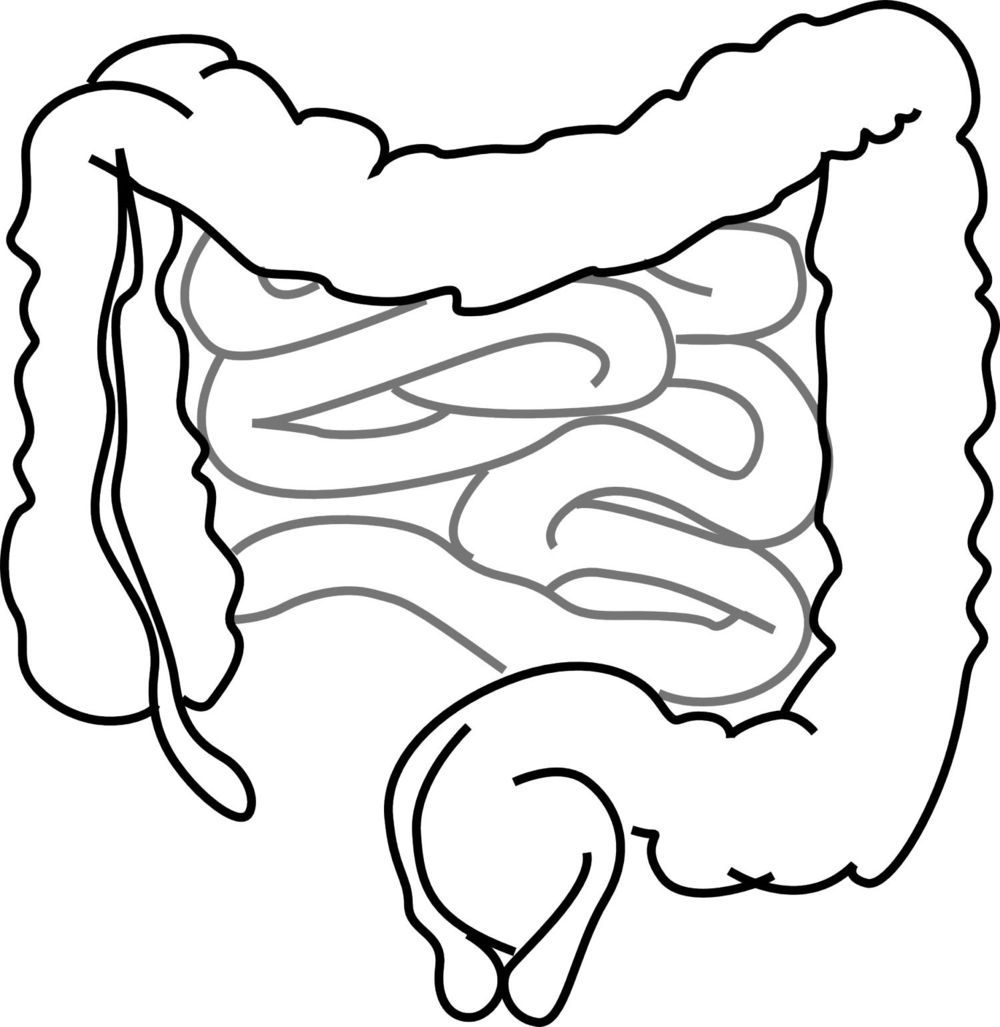While old business clans continue to dominate India’s rich lists, a tenfold expansion in its economy since its opening in the 1990s has spawned new tycoons in fields like technology. The number of billionaires in India more than doubled to 119 between 2013 and 2018, according to Knight Frank. And the country will lead the global growth in ultrahigh net worth individuals, with its numbers rising 39 percent to 2,697 by 2023, the researcher estimates.
India is going through one of the greatest periods of wealth creation — and destruction — all at the same time.
A new breed of self-made entrepreneurs is vaulting into the ranks of the wealthy, offsetting billions lost by debt-burdened industrialists and members of the country’s old dynasties. The changes are set to help India’s ultra-rich population grow at the world’s fastest pace.








